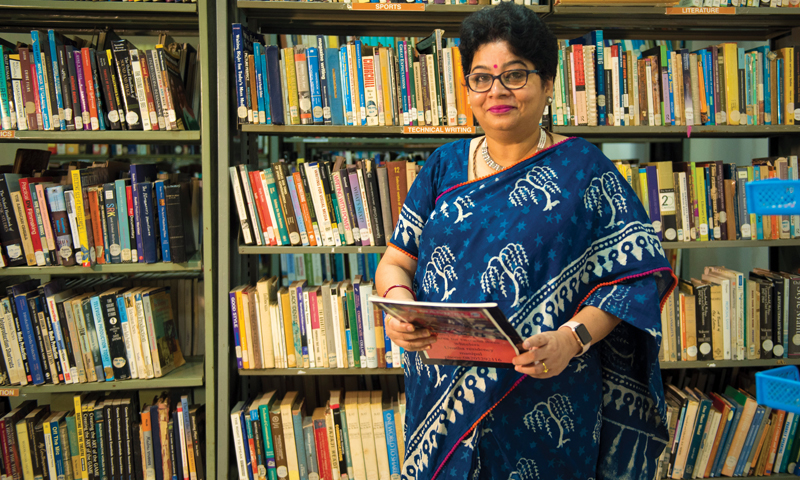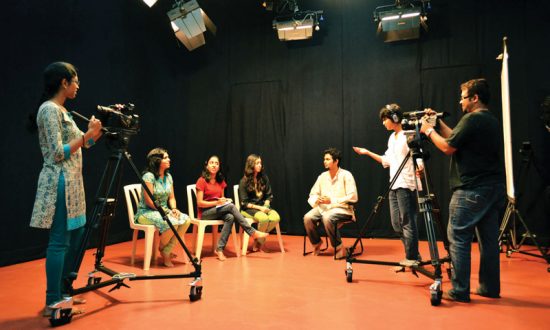As per the Korn Ferry’s Global Talent Crunch study, by 2020, the Technology, Media and Telecommunications sectors may be short more than 1.1 million skilled workers globally. Fast forward to 2030, that deficit may reach 4.3 million. While companies across all industries are struggling to find great digital talent, skill-shortage is a big problem for everyone. “Yes. There is a severe dearth of manpower in India especially in the Media and Entertainment sectors which need to be addressed. There are a lot of media and communication schools mushrooming in India but again there is a dearth of professional media and communication schools which produce quality media professionals,” says Dr. Padma Rani, a sociologist, media researcher and educator with extensive teaching and research experience who is currently the Director of Manipal Institute of Communication, MAHE, Manipal.
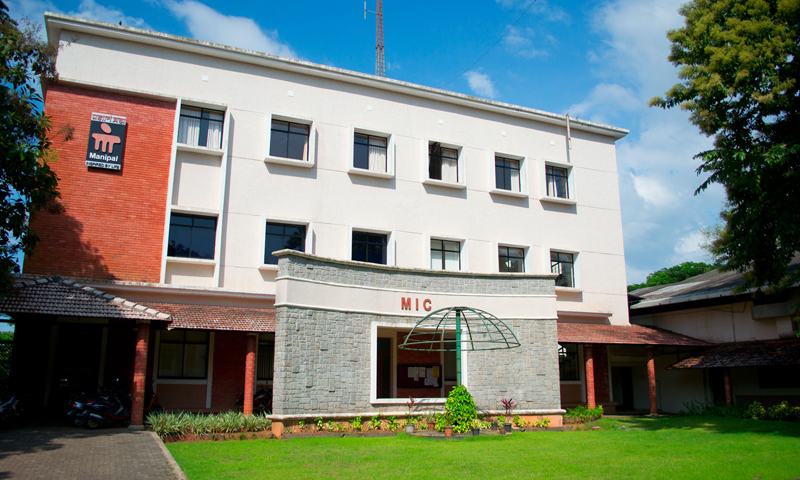
Since its establishment in 1997, Manipal Institute of Communication (MIC) has been producing industry-ready media professionals and it has emerged as one of the premier communication media, communication, and journalism institutes in the country. At present, the institute offers a three-year degree course in BA (Media and Communication), a two-year postgraduate degree in communication, MA (Media and communication), MA (Film Art and Film Making) [in collaboration with EICAR, France], Postgraduate Diploma in Corporate Communication (PGDCC), B.Sc. Animation, Certificate Course in Animation (CCA), PG Diploma in Sports Communication (PGDSC). Dr. Rani shares, “The programs are designed to meet the specific requirements of a rapidly changing media scene. The communication education in the institute covers print, radio, television, new media, film studies, public relations, advertising, corporate communication, along with other related subjects.” MIC’s programs are ideal for those aspiring to build a career of propose to pursue higher education in the fields of journalism, media studies and corporate communication.
MIC is one of the very few institutes in the country offering full-fledged graduate and postgraduate programs with advanced infrastructure, unique holistic curriculum, modern library, knowledgeable and experienced faculty, international exchange programs, co-curricular activities (theatre, dance, music, cinema, literature, debate, nature, painting, clay modeling and many more) and a learning environment that encourages students to scale new heights in their areas of interest. The institute is equipped with state-of-the-art audio, video and computer labs, which are up to date with the industry standards, thus, ensuring the students trained to be industry-ready professionals.
Dr. Rani pinpoints, “Witnessing excellent feedback from both our regular and new recruiters is a testimony to the quality of media and communication professionals created each year at MIC and their commendable achievements. We strive to reach a step closer to our ultimate goal of 100 percent placements for our students and we look forward to the same this year as well.” Last year, MIC had prominent recruiters in the industry visiting the campus: Thomas Reuters, Viacom 18, Zee TV, Adfactors PR, Vedanta Limited, CNBC TV 18, Uber Technologies India, MSL Group, Trescon, Radio Mirchi, TAFE, Genesis Burson- Marsteller, iPac, Social Panga among others. Dr. Rani adds, “This year we look forward to a substantial increase in the number of recruiters visiting the campus.”
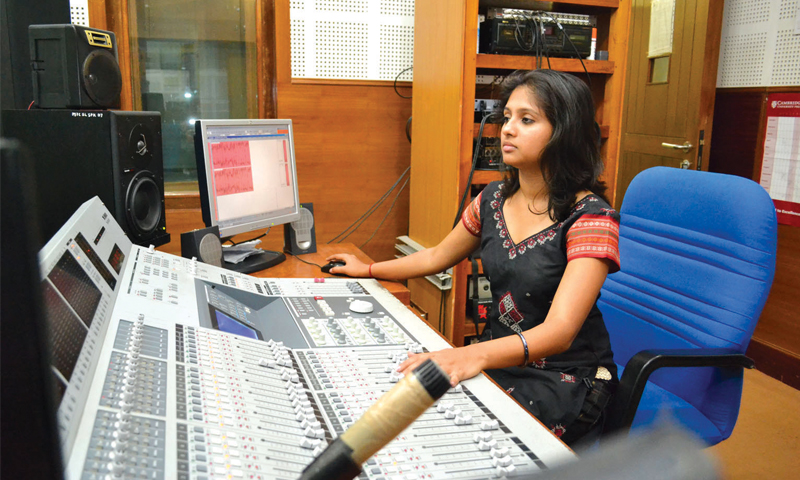
MIC offers a plethora of opportunities for students to be job-ready by the time they finish their course work at the campus. For instance, students bring out a weekly newspaper; design and develop a niche magazine; script, shoot, and produce short films, ad films, and documentaries; produce radio programs; plan and execute branding campaigns; run PR campaigns; conceptualize and manage events; and script, storyboard, and produce 2D and 3D animations.. Dr. Rani explains, “Students work on an in house publications and are constantly being involved in many AV projects wherein they gain hands-on training in reporting, writing, editing and page designing skills and receive training in various kinds of computer and software tools essential for the modern media professional. Students are also introduced to the ethical and legal issues involved in media and communication work with a view to turning them into responsible professionals.”
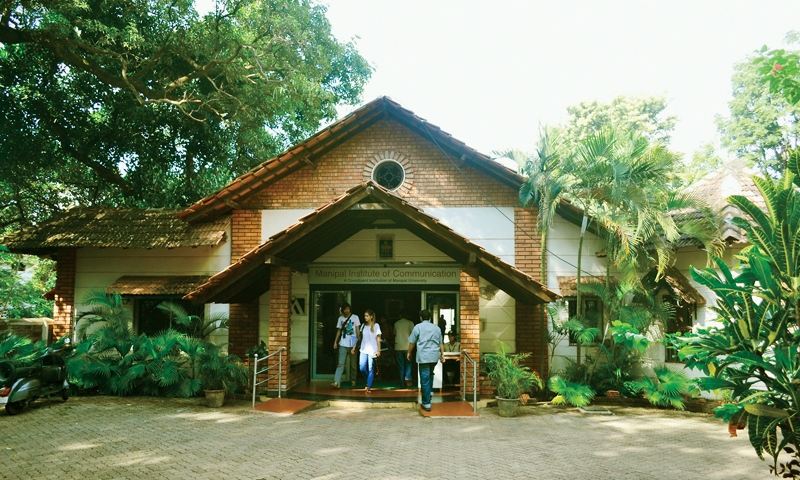
The students of MIC ultimately acquire a universal understanding of the Media and Entertainment industry’s activities and the courses equip them with the necessary theoretical/ practical knowledge and skills required to become an expert media professionals ready to take on the challenges of the industry. “In the coming years, we will be starting certificate courses in order to train and equip the students with the latest technology and trends of the M&E sector. We also have plans to promote a culture of research and publication among the students and faculty in order to be recognized as one of the best institutions in the world,” concludes Dr. Rani.
